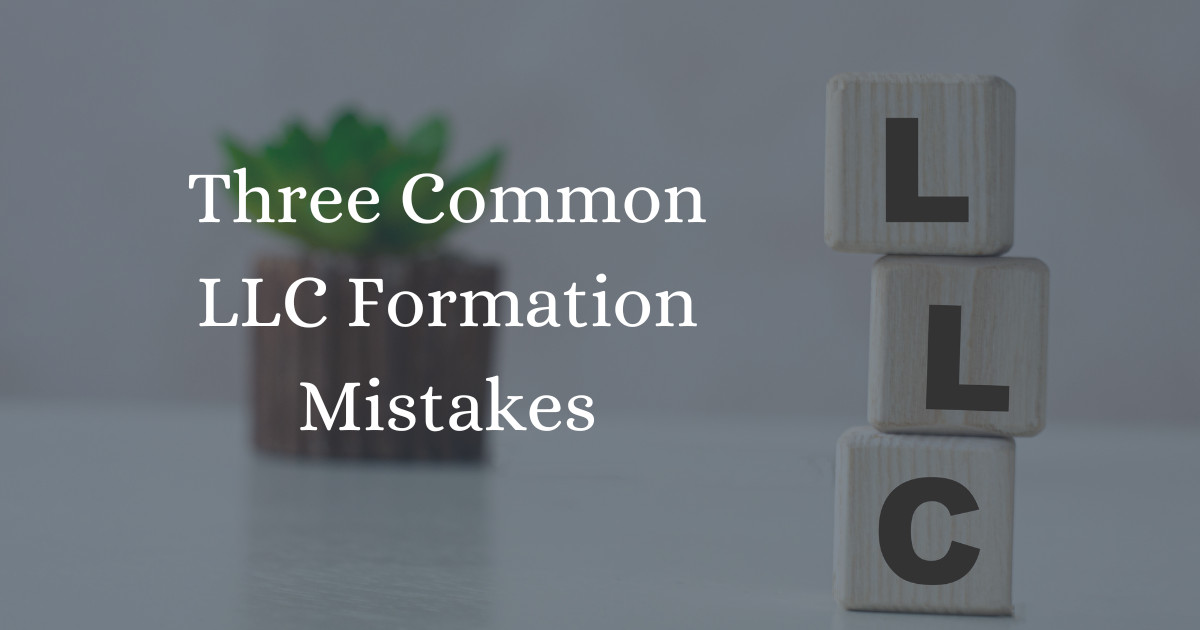
If you have decided (hopefully with the tax guidance of a CPA) to become an S-Corporation, you may or may not be aware that there are a few more rules you need to follow than when you were a sole proprietor or LLC. Some of these regulations are fairly simple to implement, while others will need careful review and planning with your tax practitioner. If the IRS should ever decide that you aren't playing by the rules and truly acting as an S-Corporation they could revoke this tax election. While this may be rare, if the IRS decides to go this route your business would become a C-Corporation and subject to corporate taxes and any related penalties and interest. As you can imagine, this could devastate a small business.
So, let's follow a fairly simple checklist to stay off the IRS's naughty list.
- Confirm active shareholders are receiving "reasonable" compensation.
The IRS is fairly vague on the definition of "reasonable" as it varies depending on your industry and role within the business. For simplicity's sake, ask yourself what you would have to pay someone else with the same background and experience to handle the same services you perform for the corporation. - Include health insurance premiums for >2% shareholders in their W2.
This rule made more sense years ago when health insurance deduction rules were different, but because the tax law is so convoluted, not all the rules get updated together. So, we're stuck with picking up health insurance in Box 1 of the shareholder's W2 and then deducting the same amount on Form 1040. (The corporation still gets to deduct any health insurance premiums they paid for the shareholder.) - The corporation should pay for health insurance premiums for >2% shareholders.
Any health insurance plans should be placed in the corporation's name and paid for directly by the corporation when possible. For single-shareholder S-Corps, some states don't allow policies to be placed in the corporation's name. In these cases, simply have the corporation reimburse the shareholder for any premiums paid throughout the year. You would then include this figure in the shareholder's W2 for proper reporting. - Make distributions in proportion to each shareholder's ownership percentage.
Distributions from an S-Corporation are deemed unearned income (dividends) by the IRS, which is where the lack of FICA tax and related tax savings come into play. S-Corporations are only allowed to have one type of stock, so all distributions must be made equal to a shareholder's ownership percentage. (If you have two owers at 60% and 40% each, and are distributing $10,000, they should receive $6,000 and $4,000, respectively.) - Be cautious when taking distributions in a year of corporate losses.
If cash allows, a corporation can distribute funds from prior years' earnings to shareholders in a year when the corporation is showing a tax loss. However, there are complex basis rules that apply to each individual shareholder's income tax return, so they should discuss any tax implications of these distributions with their tax advisor. - Don't commingle personal and corporate funds.
This one should go without saying, but it happens more often than not in small businesses. For sole proprietors or SMLLCs, it would have simply been recorded as a distribution and didn't affect the tax return. However, for S-Corporations complex loan and basis rules come into play. Any money you put into the business should be recorded as a loan and treated as such, and any money you take out should be treated as loan repayments, expense reimbursements, or distributions. - Create loan documents for any shareholder loans.
As mentioned above, if a shareholder contributes money to the corporation, it should be treated as a loan. There should be documentation outlining the repayment terms, including interest to be repaid to the shareholder. Likewise, if there is a loan from the corporation to a shareholder, this should be documented with repayment terms. - Create legal documents for any related-party transactions.
There are often situations where the shareholders own the corporation as well as real estate or other assets that the corporation is using in its daily operations. As with shareholder loans, document any lease agreements between the entities to ensure all regulatory requirements are met and the IRS can see that funds exchanged are at FMV.
It's tempting for small business owners to view their business as an extension of themselves. All small business owners should create separate bank accounts immediately upon starting a business, but this becomes even more important upon electing to become an S-Corporation. If you don't use the corporate checkbook or credit card as a second personal checkbook, your tax situation becomes much simpler and you're more likely to stay off the IRS's naughty list.
Best wishes for a successful and profitable year!










0 Comments